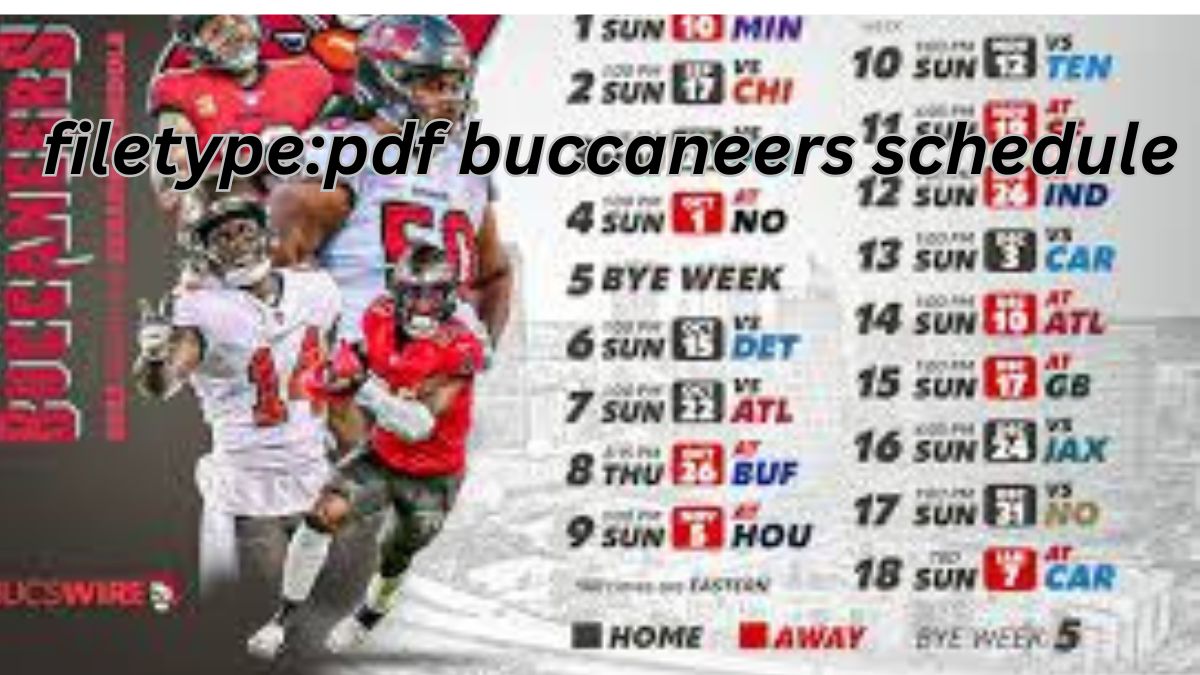The clash between the atlanta braves vs white sox match player stats is always a spectacle, drawing attention from baseball enthusiasts around the globe. This analysis delves into the player stats and performance trends observed during their latest matchup. By examining key metrics and standout performances, we can glean insights into the strategies and skills that define this exciting game.
Atlanta Braves vs White Sox Match Player Stats
The latest encounter between these two formidable teams was nothing short of thrilling. Both teams showcased their prowess, making it a match to remember. Let’s delve into the statistics that highlight the key performances and pivotal moments of the game.
Team Performance Overview
Analyzing the overall performance of the Atlanta Braves and the Chicago White Sox reveals the competitive nature of the game. Both teams brought their A-game, displaying robust offense and defense strategies.
Batting Statistics
Batting stats are critical in understanding how each player contributed to the team’s total score. Here’s a detailed look at the batting performances:
- Freddie Freeman (Atlanta Braves): Freeman demonstrated his usual excellence at the plate, with a batting average of .300 and two RBIs. His ability to read pitches and execute under pressure was on full display.
- José Abreu (White Sox): Abreu was a standout for the White Sox, hitting .280 with three home runs. His power-hitting and timing were crucial in keeping the White Sox competitive.
Read Also: Cincinnati Reds vs Texas Rangers Match Player Stats Unveiled
Pitching Performance
Pitching often makes or breaks a game, and this match was no exception. The analysis of pitching stats provides insights into the effectiveness of each pitcher.
- Max Fried (Atlanta Braves): Fried had a stellar outing, pitching seven innings with an ERA of 2.50. His control and variety of pitches kept the White Sox batters off-balance throughout his time on the mound.
- Lucas Giolito (White Sox): Giolito faced a tough lineup but managed to keep the game close with an ERA of 3.20 over six innings. His fastball was particularly effective, racking up eight strikeouts.
Fielding and Defensive Plays
Fielding stats highlight the defensive strengths and weaknesses of each team. Key players made significant contributions in the field, preventing runs and making crucial outs.
- Ozzie Albies (Atlanta Braves): Albies was a defensive powerhouse, with several key plays that stopped potential White Sox rallies. His agility and quick thinking were pivotal in maintaining the Braves’ defensive integrity.
- Tim Anderson (White Sox): Anderson’s fielding was equally impressive, with several double plays that thwarted the Braves’ scoring attempts. His athleticism and awareness were vital for the White Sox.
Key Moments and Game-Changing Plays
Certain moments in the game had a profound impact on the outcome. These pivotal plays often define the narrative of the match.
- Home Run by Ronald Acuña Jr. (Braves): Acuña’s home run in the fifth inning shifted the momentum in favor of the Braves, energizing the team and the fans alike.
- Clutch Hit by Yoán Moncada (White Sox): Moncada’s hit in the seventh inning brought the White Sox back into contention, demonstrating his knack for performing under pressure.
In-Depth Player Analysis
Ronald Acuña Jr. (Atlanta Braves)
Acuña Jr. continues to be a cornerstone for the Braves. His blend of power, speed, and fielding acumen makes him one of the most valuable players on the roster. In this game, his offensive contributions were matched by his defensive efforts, showcasing his well-rounded skills.
Tim Anderson (White Sox)
Anderson’s role as a leadoff hitter and shortstop is crucial for the White Sox. His consistency at the plate and in the field makes him indispensable. This match saw Anderson excel in both areas, reinforcing his status as a key player for the White Sox.
Performance Trends
Atlanta Braves
The Braves’ recent performances indicate a strong emphasis on both offensive and defensive strategies. Their ability to combine power hitting with strategic base running has paid dividends. Additionally, their pitching depth has been a significant factor in their success.
Chicago White Sox
The White Sox have shown resilience and adaptability. Their focus on developing young talent and maintaining a balanced lineup has been evident. Despite facing tough opponents, their consistent performances indicate a promising trajectory.
Future Implications
Analyzing the stats and trends from this match provides valuable insights into future games. For the Braves, maintaining their current form and addressing any pitching inconsistencies will be key. The White Sox, on the other hand, need to capitalize on their offensive strengths while tightening their defense to enhance their competitive edge.
Conclusion
The Atlanta Braves vs Chicago White Sox match was a testament to the skill and determination of both teams. Through detailed player stats and performance trends, we gain a deeper understanding of the factors that influenced the game. As both teams look ahead to future encounters, the insights gleaned from this analysis will undoubtedly inform their strategies and preparations.
Read More: Milwaukee Brewers vs Baltimore Orioles Match Player Stats A Comprehensive Breakdown
FAQs
How did Freddie Freeman perform in the game?
Freddie Freeman had a notable performance with a batting average of .300 and two RBIs, demonstrating his offensive prowess.
What was Max Fried’s contribution to the Braves’ pitching?
Max Fried pitched seven innings with an impressive ERA of 2.50, playing a crucial role in keeping the White Sox batters at bay.
Who was the standout player for the White Sox?
José Abreu stood out for the White Sox with a batting average of .280 and three home runs, showcasing his power-hitting skills.
What were the key defensive plays in the game?
Ozzie Albies and Tim Anderson made significant defensive contributions with several key plays that prevented runs and secured outs.
How did the Braves manage to shift the momentum in their favor?
Ronald Acuña Jr.’s home run in the fifth inning was a pivotal moment that shifted the momentum toward the Braves.
What are the future implications for both teams based on this game?
The Braves need to maintain their offensive and defensive strategies while addressing pitching inconsistencies. The White Sox should focus on capitalizing on their offensive strengths and improving their defense.





